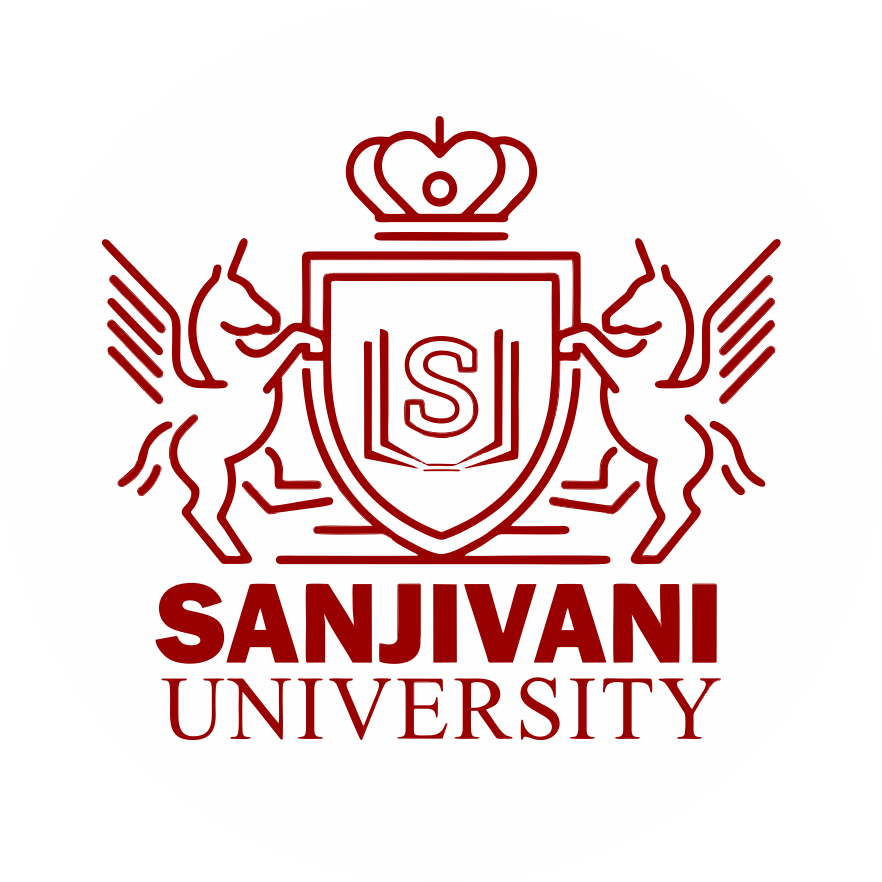
Quick Link
Home About Us Sustainability Academics Admission Events Life at Sanjivani IQAC Contact UsContact Us
Sanjivani University, Kopargaon, Near Shirdi, Ahilyanagar (Ahmednagar), 423601.
The BCA with Cognitive Systems (powered by TCS) program is an industry-integrated undergraduate program that focuses on Artificial Intelligence, Machine Learning, Data Science, Cloud, and Cognitive Computing. The collaboration with Tata Consultancy Services (TCS) ensures hands-on training, certifications, and employability opportunities. The curriculum is aligned with NEP 2020 and NCrF, offering multi-exit options at Certificate, Diploma, and Degree levels.
About Us – BCA (Cognitive Systems powered by TCS):
The Department of Bachelor of Computer Applications (BCA) at Sanjivani University is dedicated to excellence in education, innovation, and industry-integrated learning. The department offers the BCA in Cognitive Systems (powered by TCS) program, a unique collaboration with Tata Consultancy Services, designed to equip students with the latest skills in Artificial Intelligence, Machine Learning, Cognitive Computing, Cloud Technologies, and Data Analytics.
We aim to develop students into industry-ready professionals who can apply computational thinking and intelligent systems to solve real-world problems. Through a perfect blend of theory and practice, the department prepares graduates to lead the next generation of digital transformation.
Our faculty members are accomplished educators and researchers with expertise in Cognitive Systems, Software Engineering, Data Science, and Emerging Technologies. They bring valuable experience from both academia and the IT industry, ensuring that students receive a comprehensive and practical education aligned with modern technological advancements.
Programs Offered
Undergraduate Program:
BCA (Cognitive Systems powered by TCS) Features of the Department
Research Areas
Our research and innovation initiatives cover:
Facilities and Labs
The department is equipped with state-of-the-art labs and facilities such as:
Industry Collaboration and Placement:
Through the TCS collaboration, students benefit from industry-certified modules, project mentoring, and placement opportunities with top technology firms. The department also partners with other IT organizations for internships, hackathons, and real-world projects.
Faculty
Our faculty members are passionate mentors, experienced professionals, and active researchers who continually enhance their skills to stay current with evolving technologies.
Student Life
The department provides a vibrant academic and co-curricular environment that encourages innovation, teamwork, and personal growth. Students actively participate in:
Workshops, Seminars, and Guest Lectures by Industry Experts
Join us at Sanjivani University and be part of a forward-thinking community where technology meets creativity and learning meets innovation.
Vision:
Mission:
Program Outcomes (POs):
Program Specific Outcomes (PSOs)
PSO1: Apply principles of cognitive computing, artificial intelligence, and data science to design and develop intelligent systems.
PSO2: Utilize programming, analytical, and problem-solving skills to provide innovative solutions in cognitive and data-driven industries.
Program Educational Objectives (PEOs):